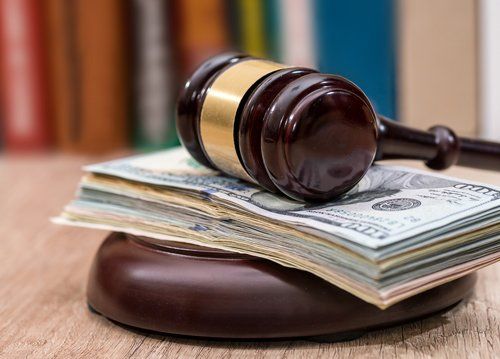Bankruptcy
Practicing Attorneys
Frequently Asked Questions
- What Can Filing for Bankruptcy Do for Me?
Filing for bankruptcy may eliminate the legal obligation to pay most or all of your debts. It can stop foreclosure on your house and give you a chance to catch up on missed payments. It can prevent repossession of a car or other property. Bankruptcy can stop garnishment, debt collection letters, and other creditor actions to collect a debt. And also help to restore or prevent termination of utility service.
- How Much Debt Do I Have To Have Before Filing For Bankruptcy?
Some experts think you should not file for bankruptcy unless you have at least $15,000 to $20,000 in debt. You can file with less debt, but the damage to your credit rating may outweigh the benefit of discharging a smaller debt load, and it may be more challenging to persuade the court that a discharge is warranted.
- Will Bankruptcy Affect My Credit?
Yes, but maybe not as much as you might think. If you are behind on your bills and contemplating bankruptcy, your credit is probably already bad. Filing for bankruptcy may improve your credit rating. Bankruptcy will usually show on your credit record for ten years, while bad debts often show for seven. Since a bankruptcy wipes out your old debts, you are likely to be in a better position to pay new bills and may have better credit immediately after the bankruptcy than immediately before the bankruptcy.
- Will Bankruptcy Affect My Security Clearance?
If you have a security clearance or want to get one in the future, you should know bankruptcy can affect this, but it is not automatic. The outcome depends on circumstances leading up to the bankruptcy and several other factors. An attorney can provide you with more information.
- What happens during a divorce and bankruptcy?
If the debts are in both names, you should probably file a joint petition for bankruptcy. This way, both of you can get a discharge for the cost of one. If the debts are in one name only, you should consider filing for bankruptcy after the divorce is final. Payments to a spouse or child support can be used as a factor in determining your ability to pay.
For further information about One Law Group, S.C. or to schedule a consultation, call one of our locations. Clients near Green Bay call 920-336-5766. Near Appleton, 920-931-3942, and clients near Lakewood, call 715-276-6599.
Contact Information
Phone: 866-525-5200
Email: info@onelawgroupsc.com
Our Locations
NEW LOCATION:
Green Bay
Client Parking and Entrance in the Back






